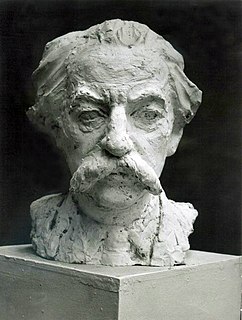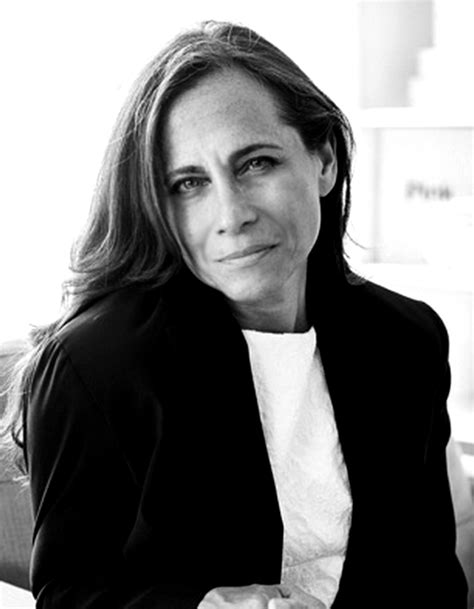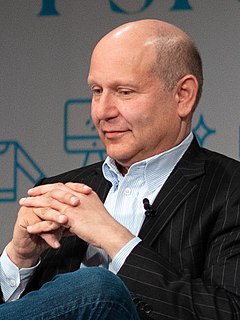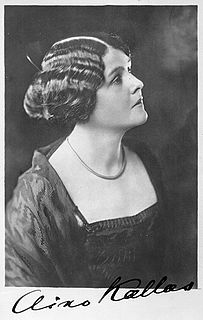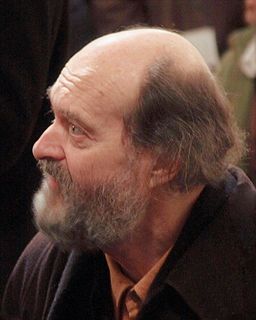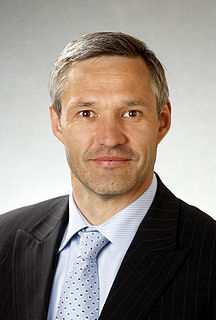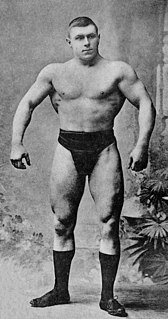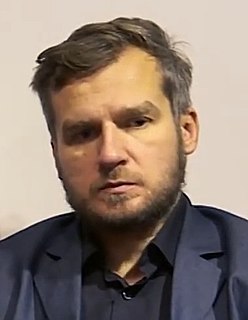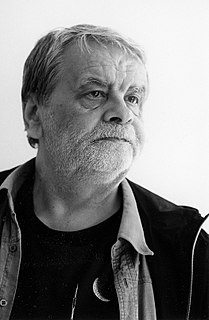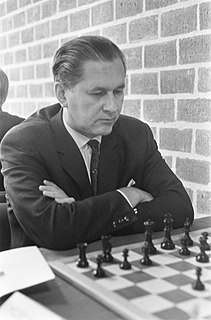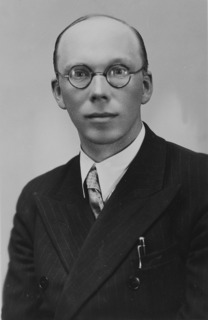A Quote by Yuri Lotman
Poetic language features an iconic rather than a predominantly conventional relationship of form and content in which all language (and cultural) elements, variant as well as invariant, may be involved in the expression of the content.", "Analysis of the Poetic Text.
Related Quotes
Graphic design is a visual language uniting harmony and balance, color and light, scale and tension, form and content. But it is also an idiomatic language, a language of cues and puns and symbols and allusions, of cultural references and perceptual inferences that challenge both the intellect and the eye.
I think the most important work that is going on has to do with the search for very general and abstract features of what is sometimes called universal grammar: general properties of language that reflect a kind of biological necessity rather than logical necessity; that is, properties of language that are not logically necessary for such a system but which are essential invariant properties of human language and are known without learning. We know these properties but we don't learn them. We simply use our knowledge of these properties as the basis for learning.
There are two generic and invariable features that characterize utopias. One is the content: the authors of utopias paint what they consider to be ideal societies; translating this into the language of mathematics, we might say that utopias bear a + sign. The other feature, organically growing out of the content, is to be found in the form: a utopia is always static; it is always descriptive and has no, of almost no, plot dynamics.
We hypostatize information into objects. Rearrangement of objects is change in the content of the information; the message has changed. This is a language which we have lost the ability to read. We ourselves are a part of this language; changes in us are changes in the content of the information. We ourselves are information-rich; information enters us, is processed and is then projected outward once more, now in an altered form. We are not aware that we are doing this, that in fact this is all we are doing.
...what I enjoy in a narrative is not directly its content or even its structure, but rather the abrasions I impose upon the fine surface: I read on, I skip, I look up, I dip in again. Which has nothing to do with the deep laceration the text of bliss inflicts upon language itself, and not upon the simple temporality of its reading.
Good design is not about form following function. It is function with cultural content. By adding "cultural content" to the concept of "form follows function," objects cease to be finite or predictable. Maybe the right way to interpret the dictum is to first acknowledge that the function needs to be clearly understood before the form is considered.
